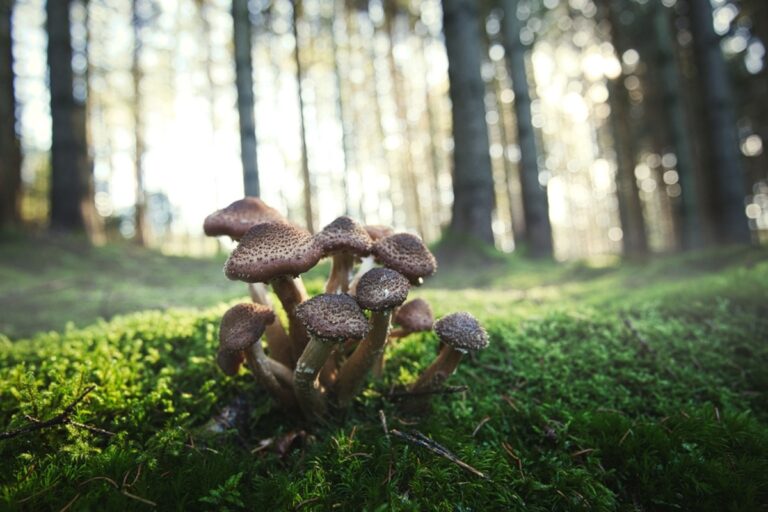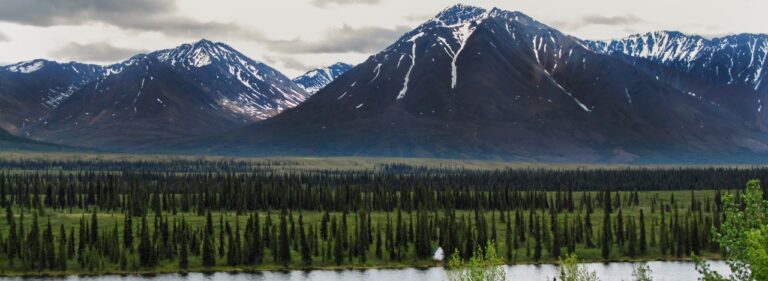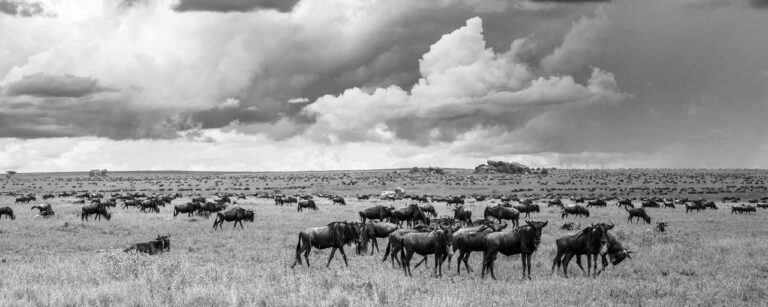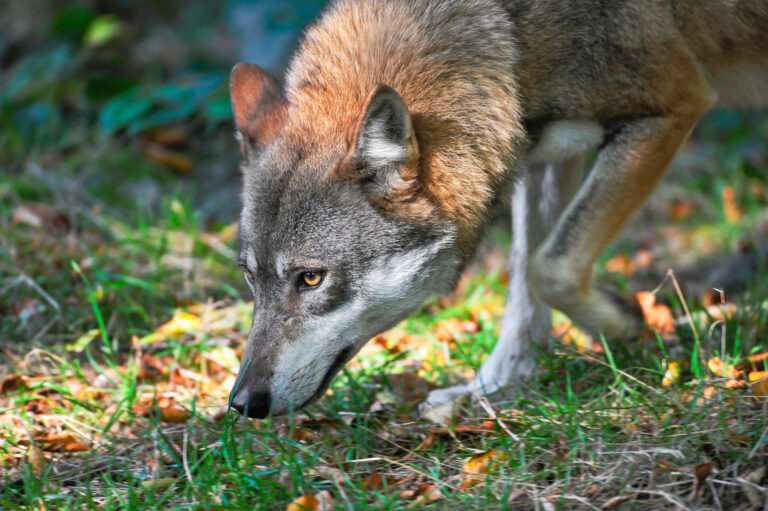The World’s Largest Organism Is a 35,000-Ton Fungus – At Least, For Now
Quarter-sized white button mushrooms, which are typically found on pizza slices and in grocery produce aisles, are close relatives of what some consider the world’s largest organism. Their cousin? A single, massive organism, Armillaria ostoyae, is located in Oregon’s Malheur National Forest. Also known as the “humongous fungus,” many experts consider this vast honey mushroom…




